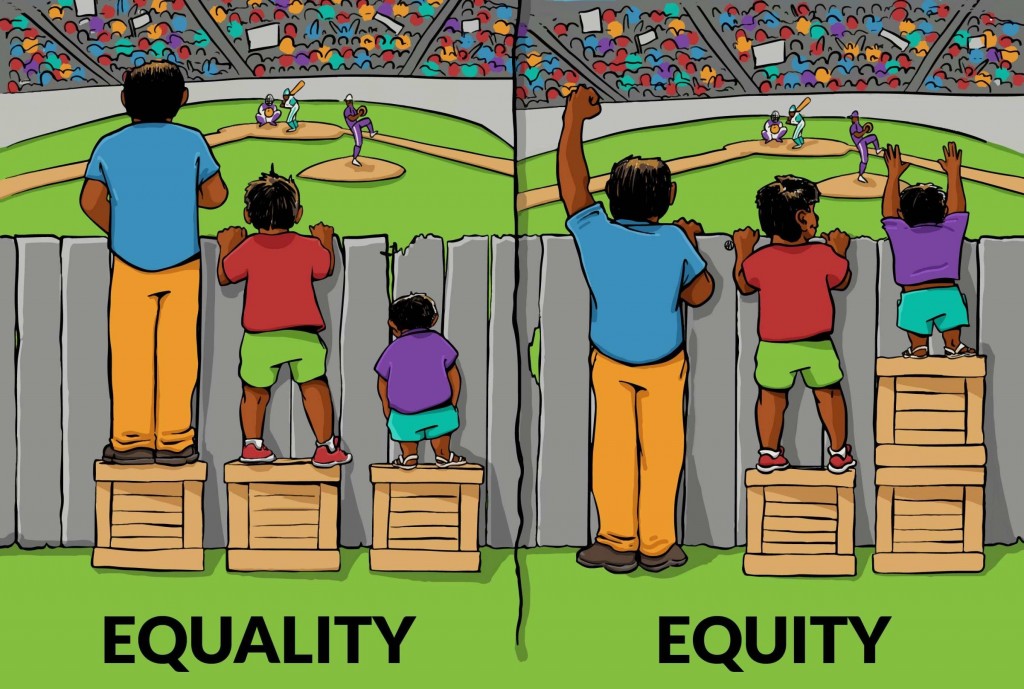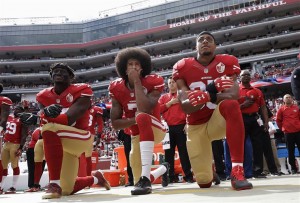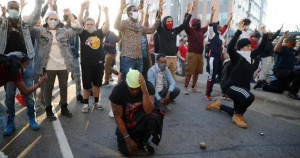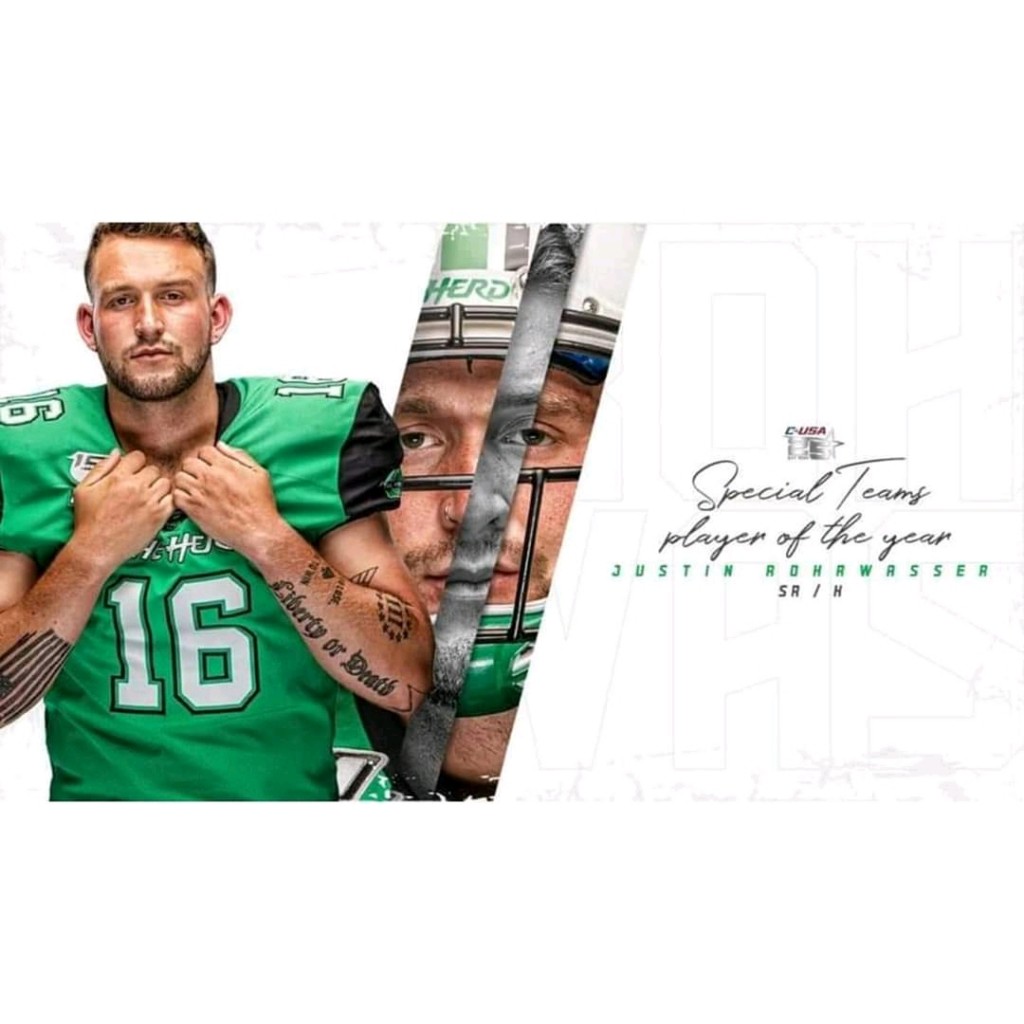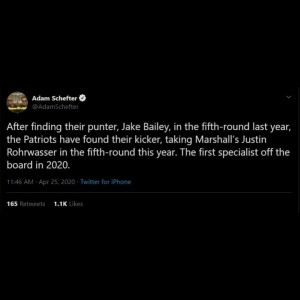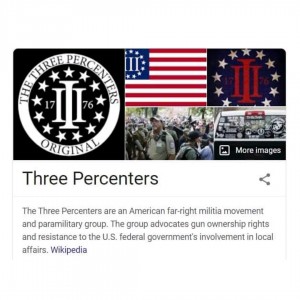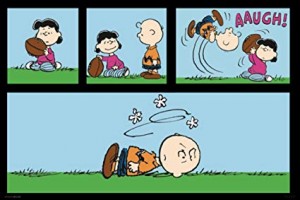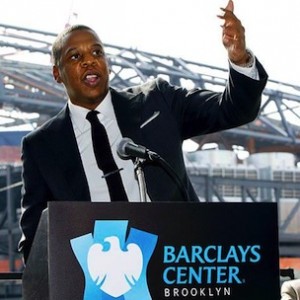by Gus Griffin

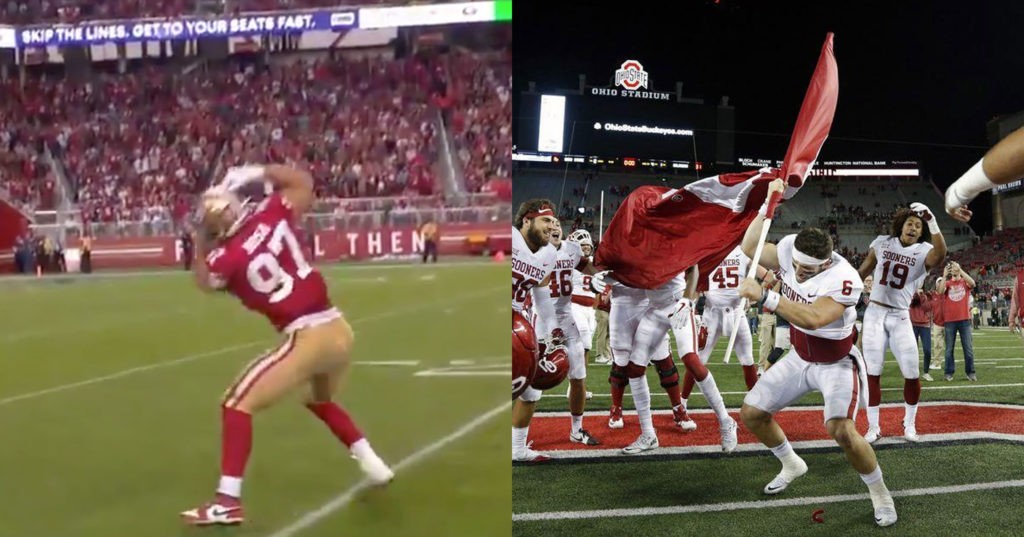
San Francisco Forty Niners Defensive End Nick Bosa has come up with a thing that is sure to catch on with football fans. During the team’s “conquering” of the Cleveland Browns, he symbolized planting a flag after sacking QB Baker Mayfield. He described it as payback for what Mayfield had done in college when the Oklahoma Sooners went into Columbus to beat Bosa’s Ohio State Buckeyes.
Speaking of college football, one of its fastest growing media components in popularity is something called “College Football Imperialism”. It began in 2017 and almost overnight became one of the most anticipated sports-related posts on the internet. The rules for the “Imperialism” map are pretty simple: each team is given the counties that they are closest to at the beginning of the season. If a team beats a team who was on the map the previous week, they take over all land that the team owned on the previous map.
Make no mistake about it, we football fans love the concept of Imperialism. This has long made me ponder a question that I am not sure many other sports fans consider:
Can a nation as obsessed with football as America ever reject its Imperialist foreign policies?
To ensure understanding, let’s look at the definition of Imperialism:
Imperialism is a policy or ideology of extending a country’s rule over foreign nations, often by military force or by gaining political and economic control of other areas.
Football versions of this would be anytime a team wins on the other team’s home turf. One such very memorable example was in 1983. Washington was the defending Super Bowl champions and opened the season on Monday Night Football against their long-time hated rival, the Dallas Cowboys. Washington jumped out to a 23-3 halftime lead, only to eventually lose the game 31-30.
The Cowboys had planted a flag at RFK Stadium.
Later that season in December, Washington traveled to Dallas with many of the players literally dressed in military fatigues to symbolize the pending war. The game was essentially for first place in the NFC East and likely the top seed in the playoffs. Washington crushed Dallas 31-10 and the baton for conference supremacy was officially passed from Dallas to Washington.
Washington had planted a flag in Dallas.
Washington Hall of Fame offensive lineman Russ Grimm best summarizes the idea of football domination in his Hall of Fame acceptance speech when he said, “there is no greater feeling than to be able to move a man from point A to point B, against his will”. He made this statement with the familiar intoxicating aura of power, and rightfully so, because Grimm and that whole era of Washington football, like Imperialism, was all about power.
America’s history, particularly since World War II, is riddled with examples of Imperialism. When the former Soviet Union collapsed in 1989, it marked the end of the only viable military check on US hegemony. As a result, Imperialist policy was accelerated, usually with a pretext of “spreading democracy” or “confronting terrorism” or “defending human rights”, and of course, disarming “weapons of mass destruction”. Long before World War II and the fall of the Soviet Union, the U.S. drew from the Monroe Doctrine, which essentially declared all of the Western Hemisphere to be the domain of the United States. Since the two aforementioned events, this mindset of American Exceptionalism has been extended all around the word. If that history does not convince you, consider that the U.S. maintains over 800 military bases in over 70 foreign countries and/or territories…the latter being a term in and of itself that derives from Imperialism.
One can learn as much from the fate of those who have resisted Imperialism, be it Haiti, North Korea, the Congo, Vietnam, Cuba, Iran, Grenada, Nicaragua, and this list is by no means complete. The best current example is Venezuela.
Some of you may be asking why is what happens in a foreign country important to me here? A good friend of mine suggested, with good reason, that people largely have an ALAINIMBY (as long as it’s not in my back yard) attitude toward such issues. That is the precise attitude toward the environment that has led to global warming and today’s crisis. The fact is that the current immigration issues at the U.S. border cannot be correctly understood without understanding U.S. foreign policy and its underlying corporate business interests in the country of origin of the migrants. Specifically, in Mexico and Central America, a direct line can be drawn between NAFTA, adopted in the 1990s, and today’s immigration from those regions.
Martin Luther King came to ponder the same question about U.S. Imperialism. He concluded resources being used to try to suppress the self-determination of the Vietnamese people was taking away from what could be used to combat poverty in the U.S. That was the selfish truth. The broader humanity truth is as he said, “Injustice anywhere is a threat to justice everywhere”.
Today, even though a critical mass of the American public has been convinced and “outraged” about Soviet interference in the 2016 elections, there is not anywhere near as much outrage over continued U.S. Imperialistic policies abroad. Even if one believes completely in the Soviet interference narrative, can you honestly say it wasn’t anything that the U.S. has not done all over the world on a routine basis?
Why use football as the platform to discuss this? Because the best way to engage people is to tap into that for which they already have passionate vestige. It is a huge part of how the current occupant of the White House got to where he is. If we can raise awareness about such issues, then we would have a chance to convince fans to invest a fraction of their passion for football toward informed critical thinking about our imperialist foreign policy. At that point, there is at least the chance of making some positive changes for the betterment of the world collective.
Another reason to compare and contrast football with imperialism is football’s built in anti-imperialist policy skewed toward the less developed team called the draft. The weakest teams get to pick first because they have the greatest needs. It is the polar opposite under Imperialism, where greed takes priority over need. The rich get richer, the strong get stronger, under a might makes right anti-humane endorsement of Darwinism.
To embrace America’s Imperialist foreign policy is like proposing that the New England Patriots should get the first 10 picks in the NFL Draft.
So, can American football fans reject the nation’s Imperialist foreign policy? The answer is yes.
The following two things can start the process:
- Commit to constant independent education about world matters and the source for such education cannot be corporate media; and
- Join an organization committed to pushing back against Imperialistic policies and pro-Imperial narratives
The wonderful part about this, is that it is not an either/or proposition. I am going to be giddy when my Steelers roll into Baltimore in December and plant a flag at M&T Bank Stadium. No one will die, nor will the human right to self-determination of those who live in the Baltimore area be usurped. In football, a visiting team can conquer with none of the real-life collateral damage of Imperialism. In world affairs, this is not the case. Our humanity moves forward when we can recognize the similarities and differences and take action accordingly.
Gus Griffin, for War Room Sports


